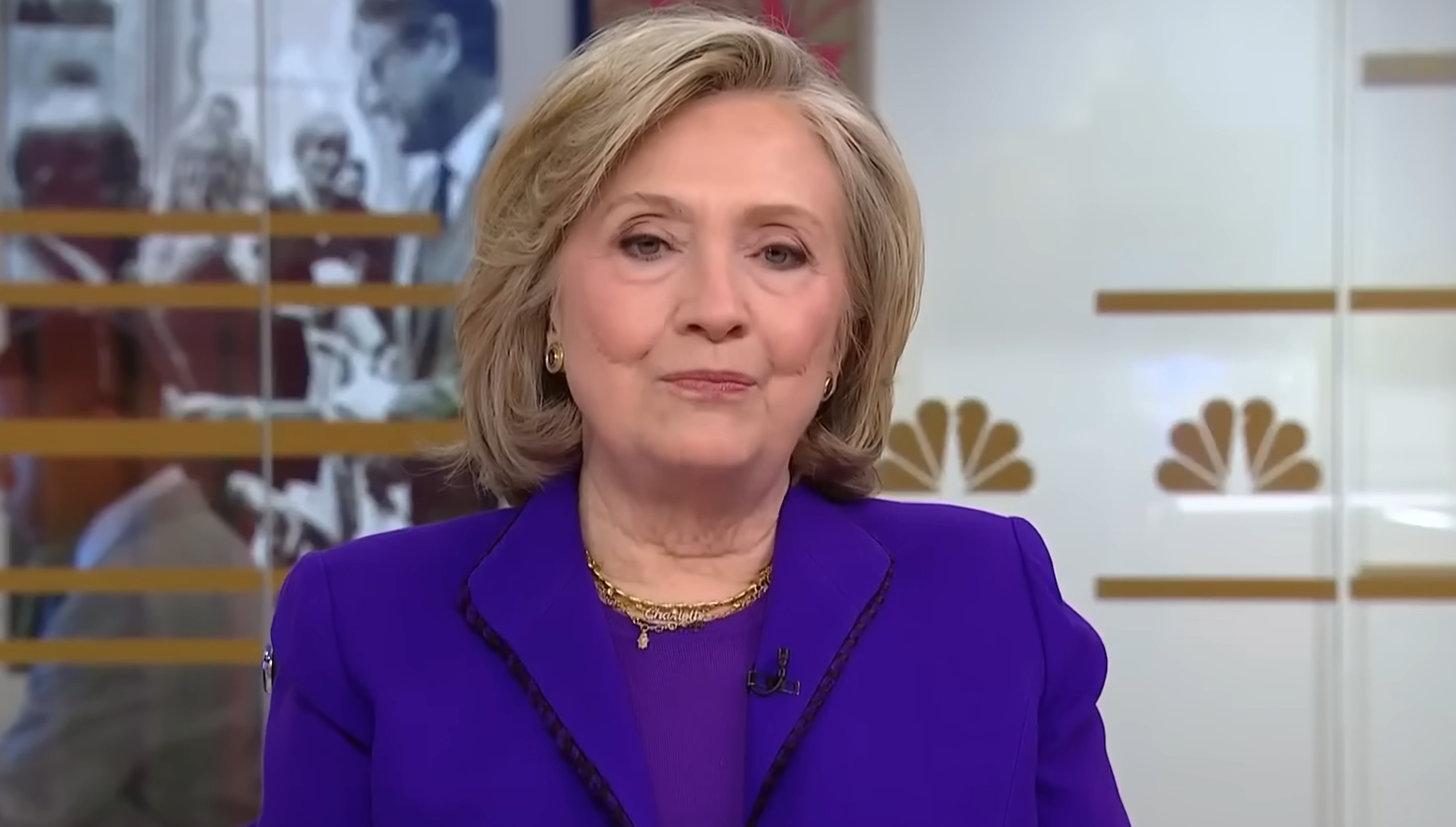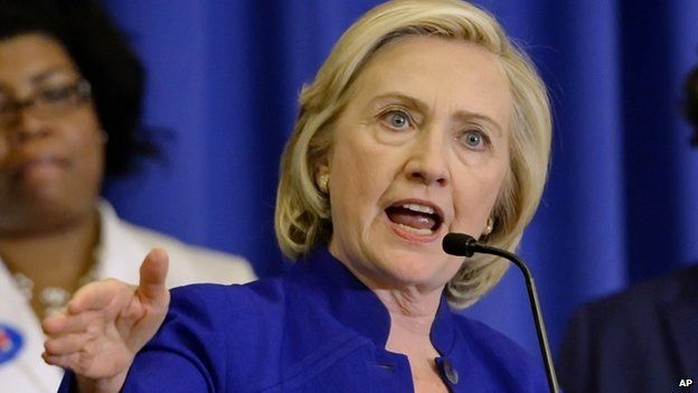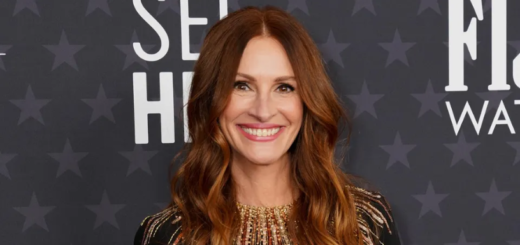Pam Bondi greenlights the release of Hillary Clinton’s emails, praising Senate Judiciary Chair Chuck Grassley’s push for transparency — but what no one expected was the buried message in one email that’s now raising new questions and shaking up Washington all over again – GIANG
In an unexpected political development that’s reverberating through the corridors of power in Washington, former Florida Attorney General Pam Bondi has not only endorsed the latest release of Hillary Clinton’s long-scrutinized email archive — she has positioned herself as a key figure in a new transparency crusade that’s rapidly gaining momentum. But beyond the procedural and partisan noise lies a far more disquieting reality: one single, cryptic message buried in the data dump is now raising red flags across legal, diplomatic, and intelligence communities.While many believed the Clinton email controversy had exhausted its political utility years ago, the re-emergence of the topic — now reframed not as political theater, but as a deeper investigation into potential institutional abuse — is changing the narrative. And at the center of it all stands a question with profound implications: What exactly did Hillary Clinton mean when she referenced a “project in coordination with the Foundation — to be timed around late-cycle authorizations”?

Pam Bondi and the New Transparency Coalition
Pam Bondi, once a close Trump ally and prominent conservative legal voice, had been relatively quiet on the national stage in recent years. But in a press conference held in Tallahassee Friday evening, she emerged with a direct message: the public has a right to know, and the government must stop shielding the politically powerful from scrutiny.
“Chairman Chuck Grassley has spent decades fighting for government accountability,” Bondi said. “His efforts to force the declassification of the remaining Clinton emails are not a political attack — they are a moral imperative. Transparency is not negotiable.”
Bondi’s remarks come as Senate Judiciary Chair Chuck Grassley pushed through a bipartisan measure authorizing the expedited release of emails still under partial redaction — many of which had been exempted from FOIA requests for “national security sensitivity.” With the backing of a growing number of moderate Democrats and independent watchdog organizations, the release is being framed as a test case for restoring public trust in the institutions of American governance.
But the real earthquake came hours later — not from Bondi or Grassley, but from an innocuous-looking email dated August 12, 2011, which quietly surfaced among thousands of pages.
The Email That Refuses to Be Ignored
The message in question, sent from Clinton’s personal server to then-top aide Cheryl Mills, contains this unsettling line:
“Coordinate w/ Foundation on intl. contacts — suggested to time around late-cycle authorizations, preferably post-appropriations. Ensure DNC not looped in.”
While much of the attention initially focused on the technical breach of government communication protocols, independent analysts quickly zeroed in on the strategic wording — particularly the reference to “post-appropriations” and the deliberate exclusion of the Democratic National Committee from the loop.

Policy experts suggest this language implies an intentional effort to synchronize diplomatic initiatives or partnerships with Clinton Foundation interests, potentially in alignment with sensitive budgetary or legislative timelines. The term “international contacts” adds further concern, hinting at backchannel coordination outside standard State Department channels.
Former federal prosecutor Andrew Weissman told The Atlantic:
“This is no longer about improper email usage. It’s about the possibility of shadow diplomacy tied to a privately controlled nonprofit with enormous global influence — all outside the purview of congressional oversight.”
Washington Reacts: A City on Edge
Almost immediately, the email triggered a flurry of activity on Capitol Hill. Senator Josh Hawley called for a special counsel within hours of the document’s release. “If there was ever a need for a renewed criminal investigation into public corruption, this is it,” he said on Fox News.
Meanwhile, Congressman Dan Goldman (D-NY) downplayed the revelation, calling it “inflammatory speculation built around vague language,” and accused Republicans of “resurrecting ancient ghosts” to distract from current legislative challenges.
However, some Democrats appear less eager to defend Clinton than in previous years. A former Obama administration official, speaking anonymously, admitted to Politico, “There was always a concern inside the White House that the Foundation was acting in parallel to — and occasionally at odds with — official U.S. policy.”

Behind the Curtain: A Network of Influence?
Investigative reporters from ProPublica and Judicial Watch are now combing through the new tranche of emails. According to early findings, several threads reference coordination with “preferred donor states,” a phrase previously linked to controversial Clinton Foundation donors from nations such as Saudi Arabia, Qatar, and Kazakhstan — all of whom had active policy interests during Clinton’s time as Secretary of State.
One now-unredacted thread from 2010 discusses “strategic advisory input from external stakeholders” before a speech Clinton gave at a nuclear security summit — a phrase that seems to include both Clinton Foundation representatives and foreign lobbying consultants.
If this interpretation holds, it suggests an unprecedented level of intermingling between official diplomatic efforts and private donor interests — a scenario legal scholars warn could fall under the scope of the Foreign Corrupt Practices Act or federal ethics statutes.
A Political Reawakening — Or a Calculated Strike?
Critics of the renewed email probe argue that Bondi’s emergence and the timing of the release are part of a broader pre-2026 election strategy. With Joe Biden declining to run again and the Democratic Party fractured over its future leadership, Clinton’s enduring influence — especially behind the scenes — remains a contentious topic.
But others believe the issue transcends political sides.

Former NSA Director Michael Hayden told NPR:
“If elements of our foreign policy were steered through private communication with an entity outside government control, that’s not a partisan concern — that’s a national security crisis.”
Where Does This Lead?
Grassley’s Judiciary Committee is expected to hold hearings in August. Bondi has indicated she will testify if called and may assist in legal reviews of the released materials. Clinton, through a spokesperson, maintains that the emails “prove nothing illegal or unethical,” and that the Foundation “has always complied with applicable disclosure rules.”
But the broader implications are now impossible to ignore. What began as an old scandal revisited has become something more profound: a test of whether the American political system is still capable of policing its most powerful actors — even years after they’ve left office.
And if more buried messages surface in the coming weeks, it won’t just be Hillary Clinton answering questions. The entire system may have to.


